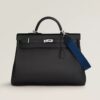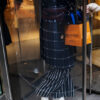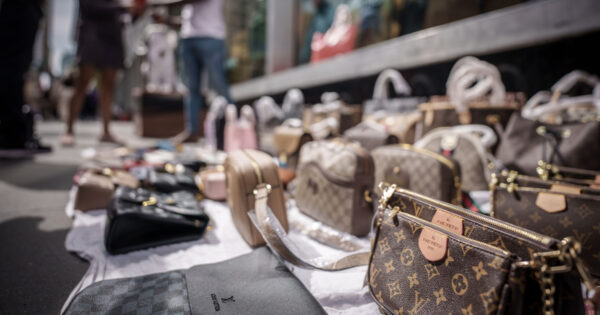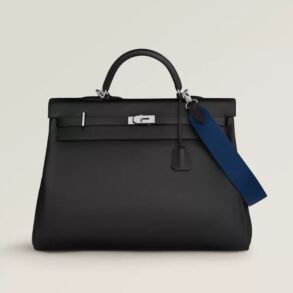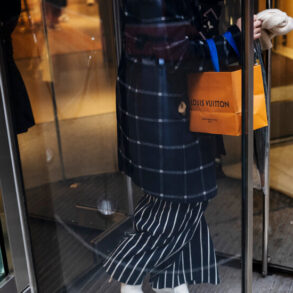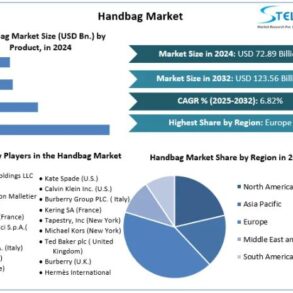“From a brand perspective, you’ve got to think even more about the experience that you create and how that is meaningful to this audience,” she said.
Fortunately for luxury brands, their goods enjoy enough esteem already because, if they didn’t, there’d be no market for knockoffs of them to begin with. As Malaviya explained, if money were not a barrier, “I’m sure a vast majority [of Gen Z consumers] would buy the real thing.”
Make that a third. In Entrupy’s study, 31% of Gen Z consumers said they’d quit buying fakes “if more affordable products were available.” That finding suggests that if luxury brands want to curb the appeal of counterfeits, they might want to take another look at their pricing structure.
Meanwhile, T.J. Maxx attributed Bethenny Frankel’s experience to “return fraud.” (That means a scammer had walked in with the fake heels, claiming they’d purchased them. After the store issued a refund, it unknowingly put the counterfeit Manolos back on the shelf.) Frankel might well have proudly held onto her fake Hangisi crystal buckle pumps, but—as she admitted to her TikTok fans—she also called up Bergdorf Goodman and ordered a pair of real ones.
This post was originally published on this site be sure to check out more of their content.


